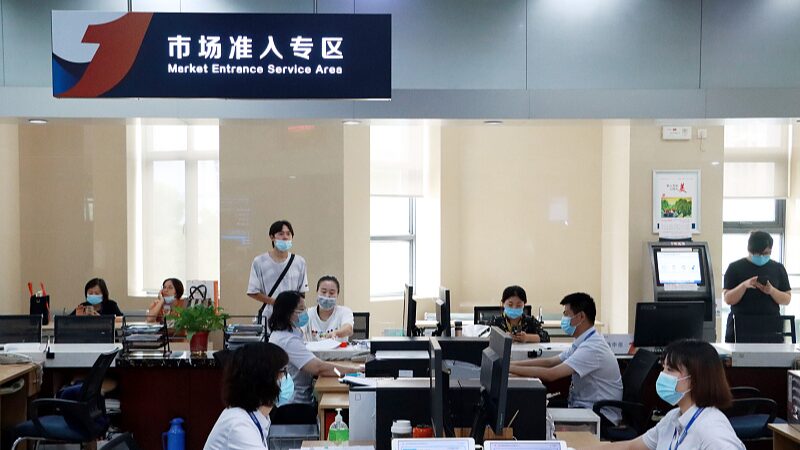China’s New Private Sector Promotion Law: Key Measures and Economic Impact
China’s National People’s Congress Standing Committee passed the Private Sector Promotion Law on Wednesday, setting a framework to revitalize the country’s non-state enterprises amid global economic headwinds. Effective May 20, 2025, the law introduces sweeping reforms aimed at fostering fair competition, improving access to capital, and enhancing legal protections for private businesses.
Ensuring Fair Competition
The law mandates equal market access for private enterprises in all sectors not restricted by China’s “negative list,” dismantling barriers through a systematic fair competition review. This move seeks to eliminate discriminatory practices and level the playing field for private firms.
Boosting Investment and Innovation
To ease financing challenges, the law encourages private participation in national projects and promises reforms to diversify funding channels. It also prioritizes technological innovation, allowing qualified enterprises to lead state-backed R&D initiatives and access national research infrastructure.
Strengthening Legal Protections
Private businesses are granted explicit safeguards for property and operational rights, with provisions to prevent arbitrary government fees or interventions. The law also promotes corporate governance improvements, urging firms to adopt anti-corruption measures and robust financial systems.
Government Support Mechanisms
The legislation establishes structured dialogues between private enterprises and regulators, streamlining administrative processes and aligning policies with business needs. A focus on talent development and simplified procedures aims to reduce bureaucratic hurdles.
With private firms contributing over 80% of urban jobs and 70% of technological innovations in 2024, the law underscores their critical role in sustaining China’s economic recovery and driving high-quality growth.
Reference(s):
What measures are stipulated in China's private sector promotion law?
cgtn.com








